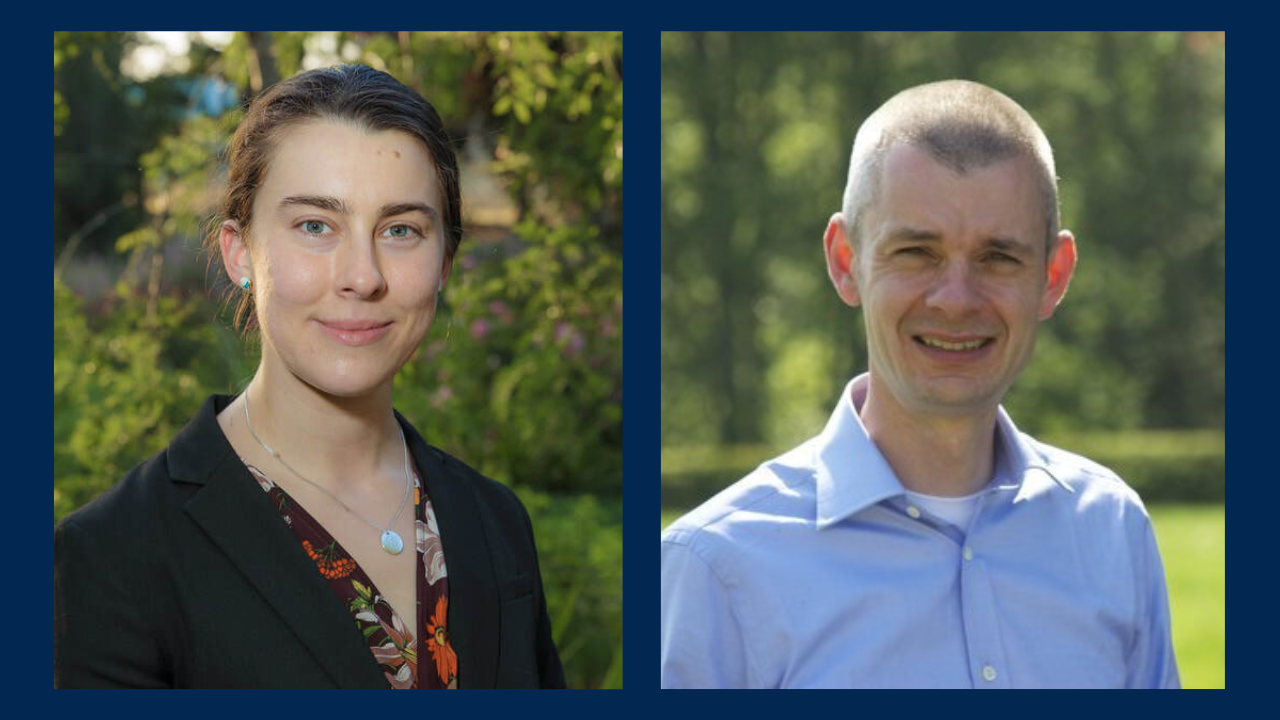
Collaborative Research Expands the Reach of Economics Research
Economics research should be grounded in an understanding of institutions and individuals
Blog post submitted as part of the Public Impact Research Initiative.
As academics and economists, our day-to-day lived experience in the communities that we study can be limited. This is partly out of necessity — if you want to understand things at the level of economies, you can’t feasibly build a relationship with enough people at the scope of the question you’re working on. However, if researchers are “out of touch” with the communities they work in, even strong data and theory work won’t produce the best research.
Economists are often faulted for failing to understand the institutions that create context for the individuals or firms that they study. In the worst cases, institutional knowledge gaps lead to errors in predictions about how policy changes will affect people and businesses. Flawed estimates do not provide a sound basis for improving economic and social policy. But even if the estimates are correct, a lack of context can mean that policymakers do not take the research output as a good fit and discount its validity. Not accounting for institutional details and the context in which data are produced weakens the public and policy impact of economics research.
That is why we sought out a Public Impact Research Initiative grant from Public Scholarship and Engagement. We wanted to sustain and deepen a collaboration with UC Davis and the California Department of Public Health (CDPH) WIC Division to examine how WIC participants are affected by changes to WIC vendor authorization.
Our question was: how do WIC participants respond to WIC vendor disqualifications?
This project arose out of ongoing collaboration between UC Davis faculty members and a graduate student and CDPH’s WIC division staff. The purpose of the project was to combine the experience and institutional and community knowledge of CDPH/WIC staff with the technical skills of UC Davis faculty and graduate students to produce research that reflects the policy needs of the California WIC program and answers open questions in the economics literature.
Asking the right questions
Collaboration with the WIC Division allows the UC Davis researchers to conduct research that is not one-sided. This was very important to us. We wanted to understand not only the economic factors at work, but also the programmatic ones and the experiences of participants and vendors in the program.
Maintaining a collaborative relationship built on trust helped ensure our research was more accurate, authentic, and useful for improving this federal nutrition program that serves nutritionally at-risk new parents, infants, and children.
This collaboration created space for discussions about questions that are relevant to ongoing WIC policy, not currently in the scope of work for CDPH/WIC staff, and have potential to publish in an economics journal (recognizing the incentive structure of the UC Davis researchers). In many ways it was a win-win-win research situation.
The research question, approach and narrative around the research were co-produced with CDPH/WIC staff. This was essential because the CDPH/WIC staff have direct knowledge of institutions and the clients they serve.
Trust is vital to research
Understanding each other’s needs and priorities helped build trust within the research relationship, which was important for several reasons. First, it facilitated the data use agreement that outlines secure use of CDPH/WIC data. These data include personal and confidential information about WIC participants — an at-risk group of families — as well as the businesses that serve those participants. In addition, the prior collaboration built trust between the UC Davis team and CDPH/WIC staff, which provided a foundation for communication about institutional details.
The CDPH/WIC team understood that the UC Davis researchers intended to communicate the context and institutional details of WIC accurately and rely on this accuracy for the success of the research. This facilitated communication and clarification in the case of a misunderstanding. The UC Davis team respected that the CDPH/WIC team was busy and made a good faith attempt to understand policy before seeking input from CDPH/WIC staff. None of this would have been possible without trust.
Producing valuable output
As part of our collaboration, Ambrozek produced data files, data analysis and code to reproduce these outputs that will remain with CDPH/WIC. These data products represent linked data that are unique to CDPH/WIC with added technical skills from the UC Davis researchers. With input from CDPH/WIC staff, this project has produced community-informed results that expand the literature on take-up and access to safety net programs, at the cutting edge of econometric methods.
This research will be synthesized into a policy practitioners brief that will be a resource to CDPH/WIC, as well as presented to key stakeholders internal to relevant CDPH/WIC policy. This expands the public impact of the project while ensuring that it is grounded in strong institutional knowledge and research methods.
Community partner is generous with time
CDPH/WIC staff continues to be very generous with their time and expertise with this project. In addition to providing computing space and support to the UC Davis graduate student, the CDPH/WIC staff includes the UC Davis research team in monthly meetings, engages in one-on-one conversations outside of those monthly meetings and provides feedback and guidance on the ongoing work.
At a recent monthly meeting, UC Davis researchers and CDPH/WIC staff discussed an upcoming presentation to local agencies. Together they examined possible mechanisms for some trends observed in recent data. Without the support of the PIRI bridge grant, the researchers would not have been able to dedicate resources to building this community, with free exchange of ideas between the groups. The success of this project builds a foundation for all of the people involved to continue expanding the horizons of work that serves WIC participants.